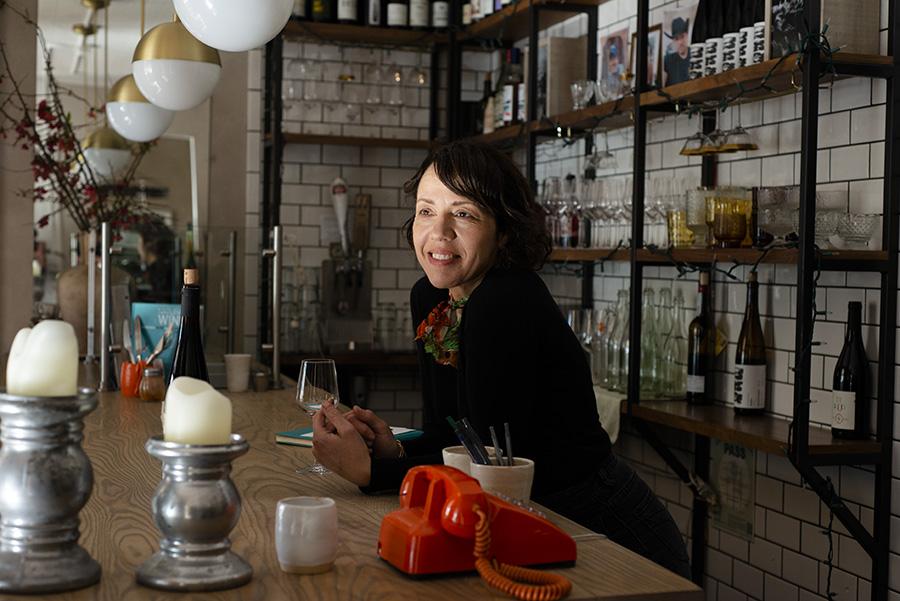Rebecca Sterlin doesn’t usually helm the line at her restaurant, Eleven, for the Monday afternoon burger shack. But, short-staffed for the day . . .
At Eleven, strong women and artful food


Rebecca Sterlin doesn’t usually helm the line at her restaurant, Eleven, for the Monday afternoon burger shack. But, short-staffed for the day . . .